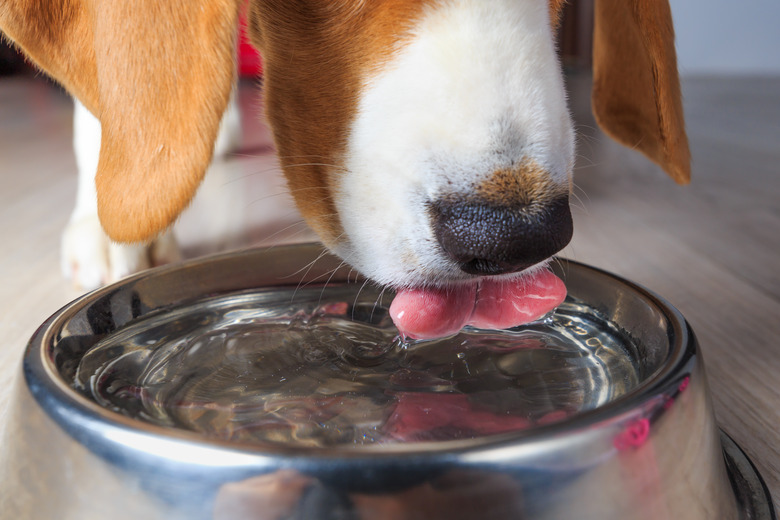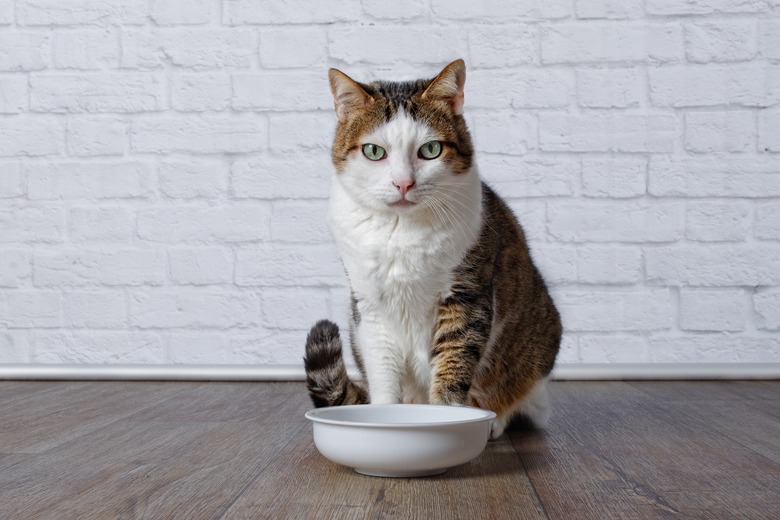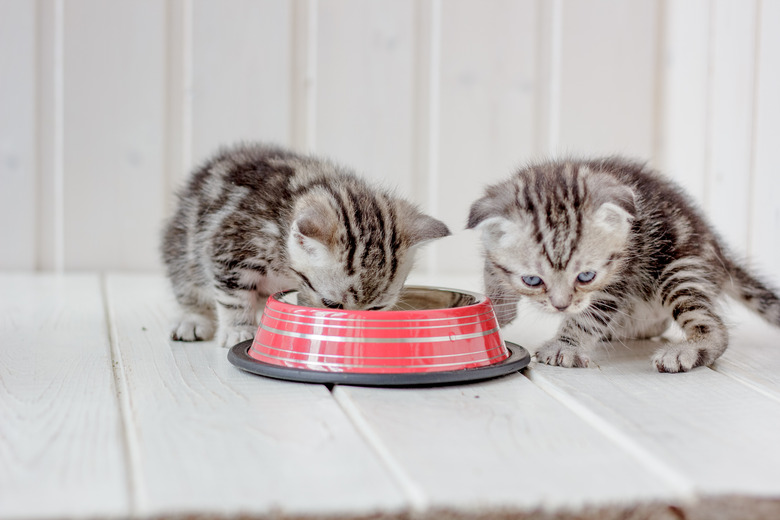How Often Should You Clean Your Dog Or Cat's Bowls?
Whenever we use a dish, we clean it afterward, but we don't really think about how often to wash dog bowls or cat bowls. After all, it doesn't seem necessary to keep a bowl that clean for a pet, but ideally, you should wash your pet's bowl after each meal.
How often to wash dog bowls
How often to wash dog bowls
You may not believe it, but experts say that your dog or cat's food bowl needs to be washed in hot soapy water after every single meal. A water bowl needs to be washed daily or at least every few days in the same manner. Both food and water bowls should be rinsed thoroughly and your food bowl should be dried before being used again.
You can either rinse the bowls in the sink or opt for washing pet bowls in the dishwasher. If you choose the latter, you may want to run the bowls in a separate load. In case your pet's food bowls have bacteria on them, and the water you're washing with is not hot enough to kill the bacteria, it might be possible for anyone in your home who has a suppressed immune system to be affected. Plus, you'll run up your water bill very quickly if you are washing your pet bowls twice a day, so you may want to stick to hand washing in the sink instead. In these cases, it can be helpful to have a backup food and water bowl set for the times when the bowls need to be cleaned.
The reason you need to clean a dog or cat's food bowl after every meal is because germs easily build up in it. Microbes from your dog or cat's mouth may go into the bowl, and then bacteria can grow there and cause harm. Bacteria like Pasteurella multocida, Salmonella, Streptococcus, and Moraxella could thrive in that environment.
Keeping your pet's bowls clean
Keeping your pet's bowls clean
When buying food and water bowls for your cat or dog, consider stainless steel. Stainless steel is the easiest material to clean, and you can put the bowls in the dishwasher without running the risk of them cracking like you would with ceramic bowls. You should steer clear of ceramic for that reason. Another material to avoid is plastic since it is difficult to thoroughly clean and sanitize.
Though you can use bleach when cleaning the bowls, it's not necessary. Instead, just use your normal dish soap. Make sure you clean your dog or cat's placemat and the area surrounding the bowls, too. Anywhere there is food should be swept and mopped. If you don't have a placemat, get one, because it'll stop your dog or cat from eating food off the floor, which you likely use harsh chemicals on to clean. You don't want your dog or cat accidentally ingesting those chemicals.
If you notice your pet's bowls have scratches, throw them out and get new ones. Scratches can attract bacteria and cause your dog or cat to become sick.
Other cleaning tips and considerations
Other cleaning tips and considerations
Your cat or dog's food and water bowls aren't the only objects you need to clean often. Toys are also hotspots for germs, so hand wash toys or throw them in the dishwasher or washing machine often. Wash your dog or cat's bedding at least once per week as well. To ensure your dog or cat is properly clean, give them a bath when they are dirty or start to smell. Only use dog or cat shampoos, since human shampoos can cause harm to your pet.
Make sure you monitor your cat or dog's health and behavior. If you notice any signs of sickness, such as lethargy, a fever, vomiting, a decrease in appetite, or a nosebleed, take your pet to the veterinarian immediately. These are the signs of a bacterial infection and need to be cared for swiftly and properly.


